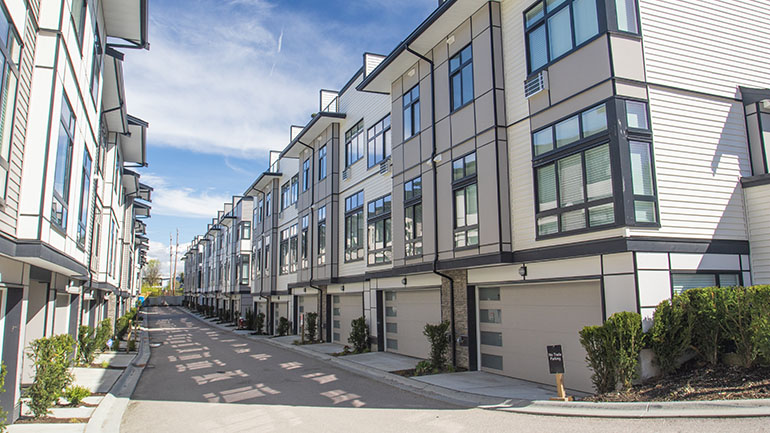Federal Underused Housing Tax return due October 31

If your clients own residential property and are not an excluded owner of the residential property, they must file a UHT2900 Underused Housing Tax Return and Election Form.
This includes clients that have a corporation or a trust, including a bare trust arrangement or are a partner in a partnership which owns residential property in Canada.
The Underused Housing Tax (UHT) is an annual federal one per cent tax on the ownership of vacant or underused housing in Canada owned as of December 31 of the relevant calendar year.
The tax generally applies to foreign national owners of housing in Canada.
The UHT 2900 form must be completed for each property owned as of December 31, 2022.
Deadline
Your clients must submit UHT 2900 to Canada Revenue Agency (CRA) by October 31, 2023.
Excluded owners
As set out in the Underused Housing Tax Act, excluded owners are Canadians identified here.
Excluded owners of a residential property include:
- a citizen or permanent resident of Canada, unless they’re an owner of the residential property as either a trustee of a trust or a partner of a partnership;
- an owner of the residential property as a trustee of a mutual fund trust;
- a real estate investment trust for Canadian income tax purposes;
- a specified investment flow-through (SIFT) trust;
- a corporation incorporated under the laws of Canada or a province whose shares are listed on a Canadian stock exchange designated for Canadian income tax purposes;
- a registered charity;
- a cooperative housing corporation, hospital authority, municipality, public college, school authority or university;
- an Indigenous governing body; or
- the government of Canada or a province, or an agent.
Completing the form
Here are CRA’s detailed instructions on how to complete the form:
Your clients must provide the following information for each property.
- Legal name of owner.
- If the property is held in trust, list the name of the trustee and provide name of trust, and trust number.
- If the property is held by a partnership, name the partnership and provide the partnership business number (should include RZ as part of number).
- Provide a copy of the 2023 BC Assessment statement showing the following information or list the details below:
- Physical address.
- Property ID (PID).
- Property tax number or Area-Jurisdiction-Roll number.
- Assessed value as of July 2022.
- Type of property – for example, detached house, duplex, triplex, semi-detached house, town house unit, rowhouse unit, residential condominium unit.
- Information about the year the owners become an owner of the residential property.
- The type of ownership, for example, sole or joint tenancy, tenants in common.
- The ownership percentage as December 31, 2022.
- The name(s) of other owners and percentage held by each.
- If property was purchased in 2022, the purchase price.
- Whether the owner(s) have a spouse or common-law partner who is neither a Canadian citizen nor a permanent resident of Canada and who is an owner of any residential properties in Canada.
Penalties
If a client doesn’t file their UHT 2900 form, they could face a penalty of:
- $10,000 per return for corporations;
- $5,000 per return for individuals; and
- 5 per cent of the UHT for the year and 3 per cent of the UHT multiplied by the number of months the return is late.
Overdue amounts will also be subject to daily compounding interest (currently at a rate of nine per cent), with amounts for 2022 calculated from April 30, 2023.
If you have questions about the UHT return, contact Harriet Permut, director of government relations at hpermut@rebgv.org.